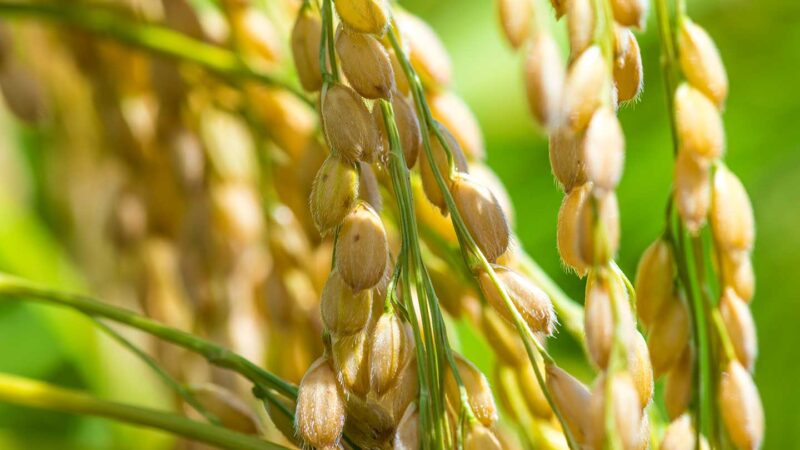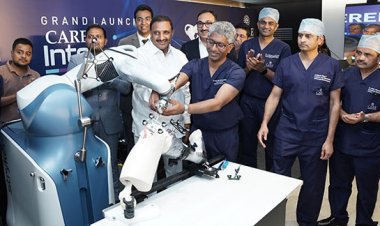Martian soil may have all the nutrients rice needs
Experiments hint that in the future, we might be able to grow the staple food in the soils of the Red Planet.

THE WOODLANDS, TEXAS — Martian dirt may have all the necessary nutrients for growing rice, one of humankind’s most important foods, planetary scientist Abhilash Ramachandran reported March 13 at the Lunar and Planetary Science Conference. However, the plant may need a bit of help to survive amid perchlorate, a chemical that can be toxic to plants and has been detected on Mars’ surface (SN: 11/18/20).
“We want to send humans to Mars … but we cannot take everything there. It’s going to be expensive,” says Ramachandran, of the University of Arkansas in Fayetteville. Growing rice there would be ideal, because it’s easy to prepare, he says. “You just peel off the husk and start boiling.”
Ramachandran and his colleagues grew rice plants in a Martian soil simulant made of Mojave Desert basalt. They also grew rice in pure potting mix as well as several mixtures of the potting mix and soil simulant. All pots were watered once or twice a day.
Rice plants did grow in the synthetic Mars dirt, the team found. However, the plants developed slighter shoots and wispier roots than the plants that sprouted from the potting mix and hybrid soils. Even replacing just 25 percent of the simulant with potting mix helped heaps, they found.
The researchers also tried growing rice in soil with added perchlorate. They sourced one wild rice variety and two cultivars with a genetic mutation — modified for resilience against environmental stressors like drought — and grew them in Mars-like dirt with and without perchlorate (SN: 9/24/21).
No rice plants grew amid a concentration of 3 grams of perchlorate per kilogram of soil. But when the concentration was just 1 gram per kilogram, one of the mutant lines grew both a shoot and a root, while the wild variety managed to grow a root.
The findings suggest that by tinkering with the successful mutant’s modified gene, SnRK1a, humans might eventually be able to develop a rice cultivar suitable for Mars.






















